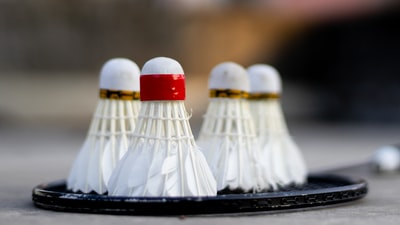 In order for a species to survive it must reproduce and create offspring. Environmental factors limit populations and there’s competition for resources both within a species (intraspecific competition) and between individuals of different species (interspecific competition).
In order for a species to survive it must reproduce and create offspring. Environmental factors limit populations and there’s competition for resources both within a species (intraspecific competition) and between individuals of different species (interspecific competition).
An individual must be well-adapted to its environment in order to survive. Variation within species means that certain individuals are more adapted then others. Those that are less adapted are less likely to survive and reproduce therefore they don’t pass on their genes. This is natural selection. The process in which a species adapts to its environment is called evolution.
Differential reproductive success
Differential reproductive success refers to how individuals with the best traits are most likely to survive and go on to reproduce. This has a major effect on the allele frequency within a gene pool because it means that only certain alleles are retained. Alleles which cause an individual to be weak, for example to die young or get eaten by predators before they reproduce, fail to pass their alleles on and so these are lost from the gene pool.
Natural selection can occur in three ways:
- directional
- stabilising
- disruptive